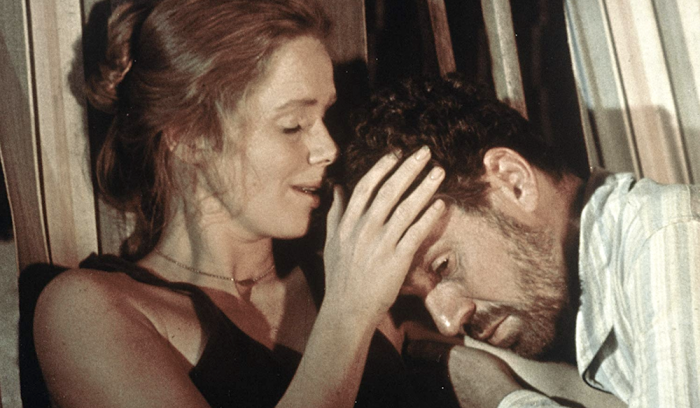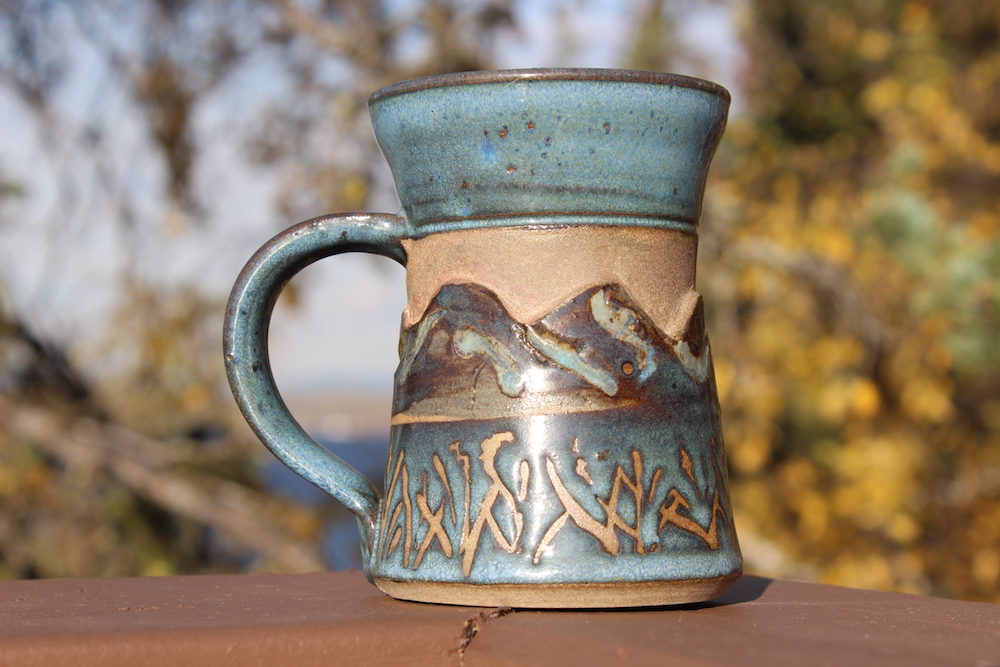When I turned 30, I had been single for almost a year.
I was the happiest I’d ever been in my whole life.
I wasn’t sad to be single even slightly, but after a series of painful heartbreaks and
codependent enmeshments, I was determined that my next relationship would be different.
I consumed every self-help book or podcast about relationships I could get my hands on. They all talked about this concept of “
conscious relationships,” in which growth—both individually and in partnership—is prioritised above all else.
I was totally on board. What is life for if not to grow into the best, most wise and loving version of ourselves? Even better if we can have a partner growing right alongside us and cheering us on. I envisioned shared morning meditation sessions, evening gratitude check-ins, and synchronised vision boards to propel us toward manifesting a life of bliss and fulfilment.
Honestly, I had no idea what I was getting myself into. I met my partner at a conscious dance (obviously). It took six months before we spoke because, well, you don’t actually speak during conscious dance. We barely even danced together, since I had my eyes closed most of the time.
It would be my first lesson in conscious relating: your eyes will need to be wide open. See, the thing they don’t tell you is this: setting an intention to create a conscious relationship is kind of like setting an intention to feel more joyful. Suddenly, every single thing getting in the way of you feeling joy is highlighted and underscored.
So it is with conscious relationships. If you want one, you have to be willing to look at everything that is standing in the way of you actually creating one.
Here are some hard truths that I had to face:
1. The only person who is responsible for my emotions is me.
One of the biggest challenges for me as a recovering codependent person has been taking absolute responsibility for how I feel, whilst not taking over-responsibility for how my partner feels. This doesn’t mean doing whatever we like without considering each other. It simply means we both learn to recognise when we have been emotionally
triggered by something and realise the trigger has not come from outside of us, but within us.
Yes, maybe our partner broke an agreement or said something insensitive, and that needs to be addressed. However, if we did not have a wound around it, we would not have been triggered by it.
For me, owning my feelings usually means communicating that I am triggered and talking about the sensations I am feeling in my body or the story I am telling myself.
Let’s be real. This is not an easy or fun process, but shining a light on triggers is the only way I have found to take responsibility for them and move through them to come back to presence and connection.
2. All feelings must be welcome.
For the longest time, I was convinced I didn’t really feel anger. The truth was, it was just so suppressed I couldn’t recognise the sensation when it arose in my body. I was scared to feel angry because it seemed like such an unlovable and destructive emotion.
However, I soon discovered it was simply not possible to remain fully present with my partner if I was holding unexpressed emotions. I also learned that in a true conscious partnership, there is no expectation that we will always be happy.
My partner will often say, “All your feelings are welcome.” He will sometimes later admit he had to dig deep to say it, but in that moment, it’s one of the most beautiful phrases anyone could utter. It’s like verbally recommitting to our higher purpose, stating aloud that what we are creating here is worth facing our most intense feelings and darkest fears—and, in fact, that’s a necessary and even welcome part of the process.
Funnily enough, once I allow myself to feel all of my heavier emotions, I am almost always filled with intense joy and love. It’s like burning through the darkness allows the light back in.
3. We all have inner children who deserve gentleness and love.
Since we are all responsible for our own emotions in a conscious relationship, it can seem logical that when we are triggered or emotional we must move through it on our own. It’s tempting to reject those wounded, needy, selfish parts of my partner and myself because those aspects seem anything but enlightened.
However, whilst the goal of conscious relating might be to grow into the best version of ourselves, the reality remains that we are all human beings with wounds, insecurities, and traumas. As
Brené Brown keeps telling us, our wounds are not healed by isolation or shame, but with compassion and connection.
Re-parenting our partner’s scared inner five-year-old is not a super sexy prospect, I know, but part of conscious relating is truly accepting all aspects of ourselves and our partner—including, and perhaps especially, those parts that we would rather not face. And there is nothing sexier than someone who feels truly loved and cherished for all that they are.
After four years, my partner and I have never once meditated together, and the idea of us sitting down to create a shared vision board makes me laugh out loud. We both have deep spiritual practices—but they are very different.
We are both committed to growing together and individually, but I’m still not sure I can claim to know exactly what a conscious relationship truly is—even though I am in one. My idea of what that means and how it works in practice is forever unfolding, shifting, and expanding, which I suppose is the true meaning of growth.
What I can say is that these days when I am dancing with my partner on the conscious dance floor, it is with eyes wide open.









